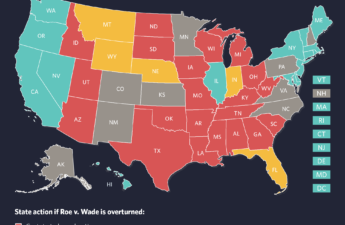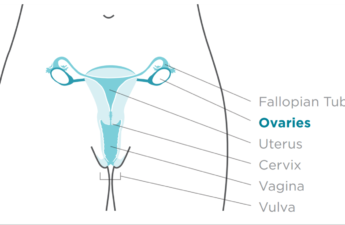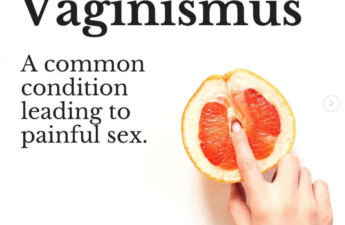Category: Women’s Health
‘It changed who I felt I was.’ Women tell of devastation at early menopause diagnosis
Around 10% of women – including many who believe they have the prospect having children ahead of them – are suddenly told they are at the end of their fertile life, and at greater risk of diseases normally associated with middle age.
Here’s How Abortion Access Would Change if Supreme Court Erodes Roe
As the nation awaits a U.S. Supreme Court ruling that could significantly erode abortion rights, state laws on the issue have taken on a whole new meaning. Soon, more than at any time in nearly half a century, obtaining an abortion will depend on where you live.
‘Brain fog’ during menopause is real – it can disrupt women’s work and spark dementia fears
For nearly two-thirds of women, menopause comes with an undesirable change in memory.
Do Libido-Boosting Drugs for Women Actually Work?
In explaining the rationale for approving female-libido drugs, the FDA often cites the “unmet medical need.” Yet researchers are fiercely divided over the question of just how many women lack libido and how best to help them.
Should I get the COVID-19 vaccine while pregnant or breastfeeding?
Experts explain the safety, evidence and clinical trials
Women Now Drink as Much as Men — And Are Prone to Sickness Sooner
Women in their teens and early 20s now report drinking and getting drunk at higher rates than their male peers
‘Devastated and sad’ after 36 years of research — early detection of ovarian cancer doesn’t save lives
Of all women’s cancers, ovarian cancer has the lowest survival rate
COVID-19 pandemic may produce dramatic changes in life expectancy, birth rates and immigration
We’re still studying the long-term implications of the ongoing coronavirus pandemic on populations
Pregnant women with COVID-19 face high mortality rate
Worldwide study also found that 11% of babies contracted the novel coronavirus from their mothers.
Vaginismus: the common condition leading to painful sex
Vaginismus can be mild, moderate or severe. The pain is often described as burning, cramping, or a tight feeling.
Postpartum depression may persist three years after giving birth
The findings suggest that extending screening for postpartum depressive symptoms for at least two years after childbirth may be beneficial.
High Court Allows Employers To Opt Out Of ACA’s Mandate On Birth Control Coverage
In a 7-2 ruling in a case involving the Little Sisters of the Poor, the court said employers with a “religious or moral objection” to contraceptives should not be forced to insure women for those services.
COVID-19 raises risk for women who are obese and pregnant, UW study
The findings support categorizing pregnant patients as a higher risk group, particularly with obesity and chronic diseases like asthma and high blood pressure.
Health plans in Washington State must cover 12-month refills for Rx contraceptives
WA State Office of the Insurance Commissioner A state law that took effect Jan. 1, 2018, requires insurers to cover 12-month refills for prescription contraceptives, including the pill. They also must cover these prescriptions if they’re available at your doctor’s office.…
Ibuprofen might make your periods lighter, but it’s not a long-term solution
There’s some evidence non-steroidal anti-inflammatory drugs, like ibuprofen, can reduce menstrual flow. But they shouldn’t be seen as a long-term solution.











